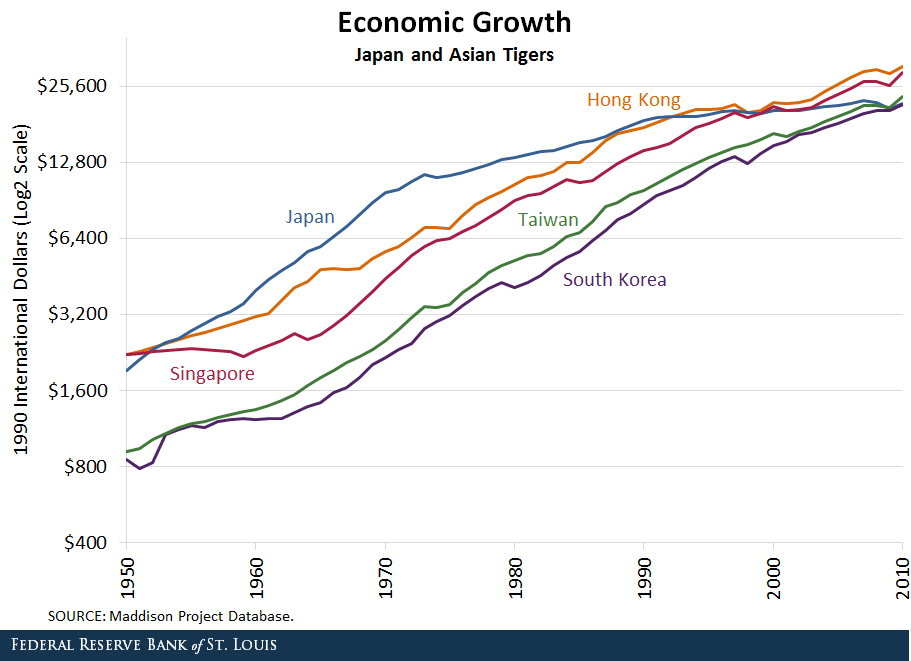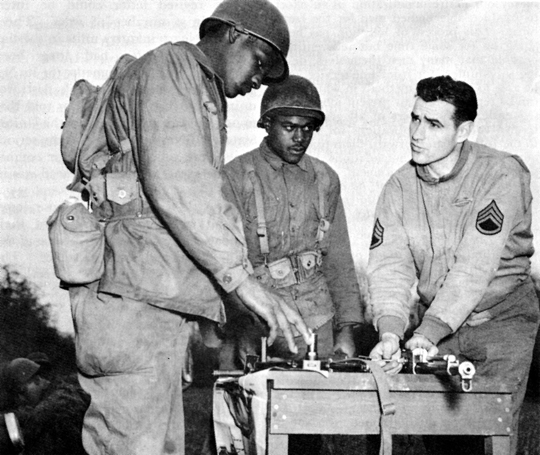GeographyDude
Gone Fishin'
There was at least several Dwight Eisenhowers. There was the “brothers under the skin” Dwight. And then there was the casual-racist-of-his-time Dwight. Let’s say the cold war itself finally tilts it for him.
We’re not going to make it harder on ourselves, he decides.
The nations of Latin America, Africa, and Asia — especially the newly independent nations — need to see us making visible progress on race. The 1957 Civil Rights Act comes earlier and has real teeth to it. And in general, Dwight moves at a good medium pace on racial equality and things actually get done.
In addition, Dwight emphasizes economic development and trade deals, without too many strings attached. We don’t give away the store, but we have faith that our system will eventually win people over.
And perhaps similar to land reform in South Korea, we’re not scared off by mixed economic systems.
We’re not going to make it harder on ourselves, he decides.
The nations of Latin America, Africa, and Asia — especially the newly independent nations — need to see us making visible progress on race. The 1957 Civil Rights Act comes earlier and has real teeth to it. And in general, Dwight moves at a good medium pace on racial equality and things actually get done.
In addition, Dwight emphasizes economic development and trade deals, without too many strings attached. We don’t give away the store, but we have faith that our system will eventually win people over.
And perhaps similar to land reform in South Korea, we’re not scared off by mixed economic systems.
Last edited:


